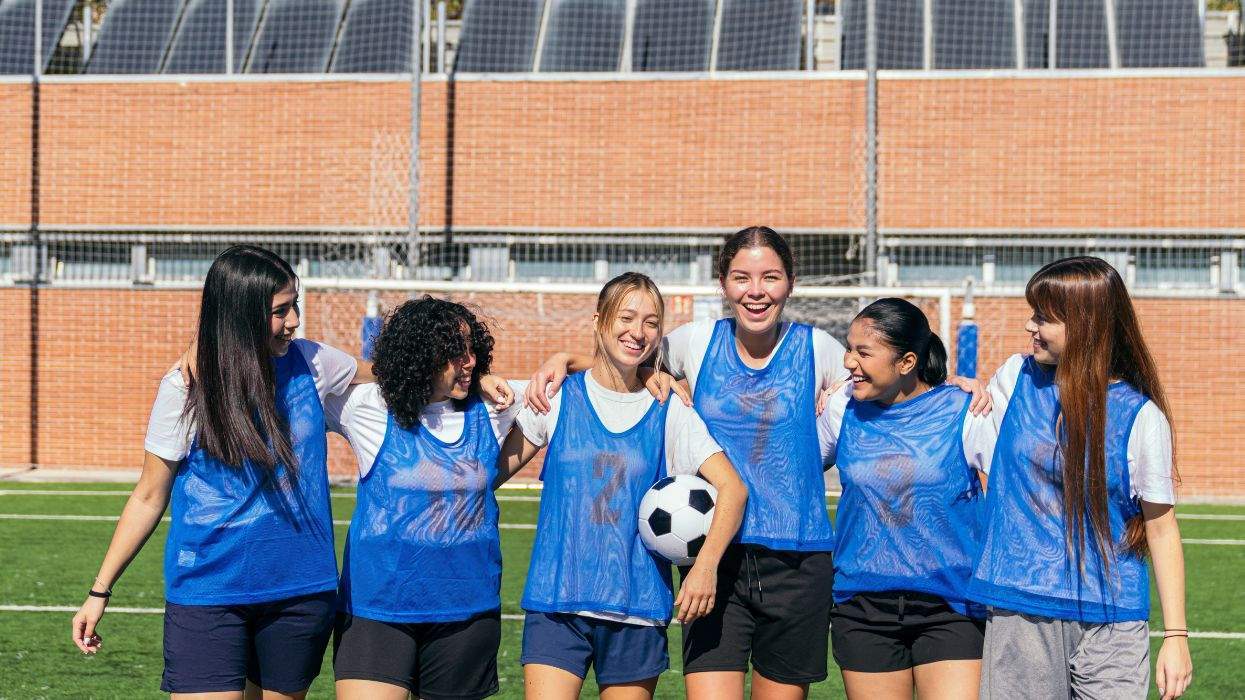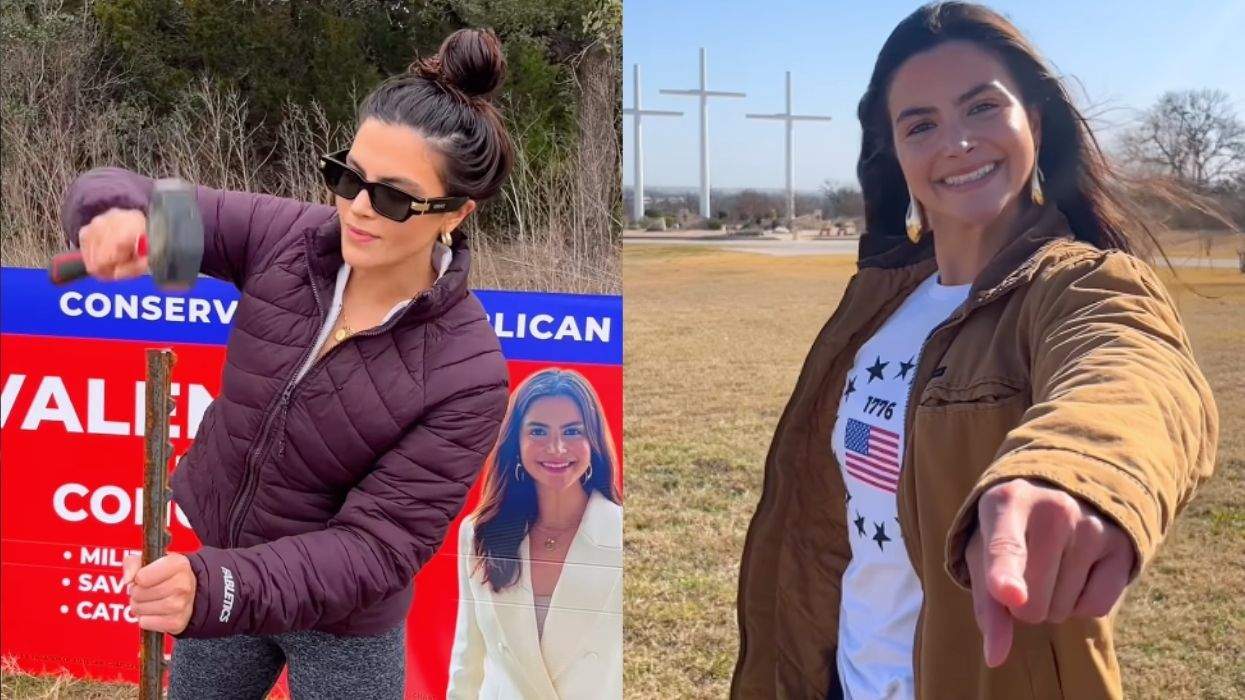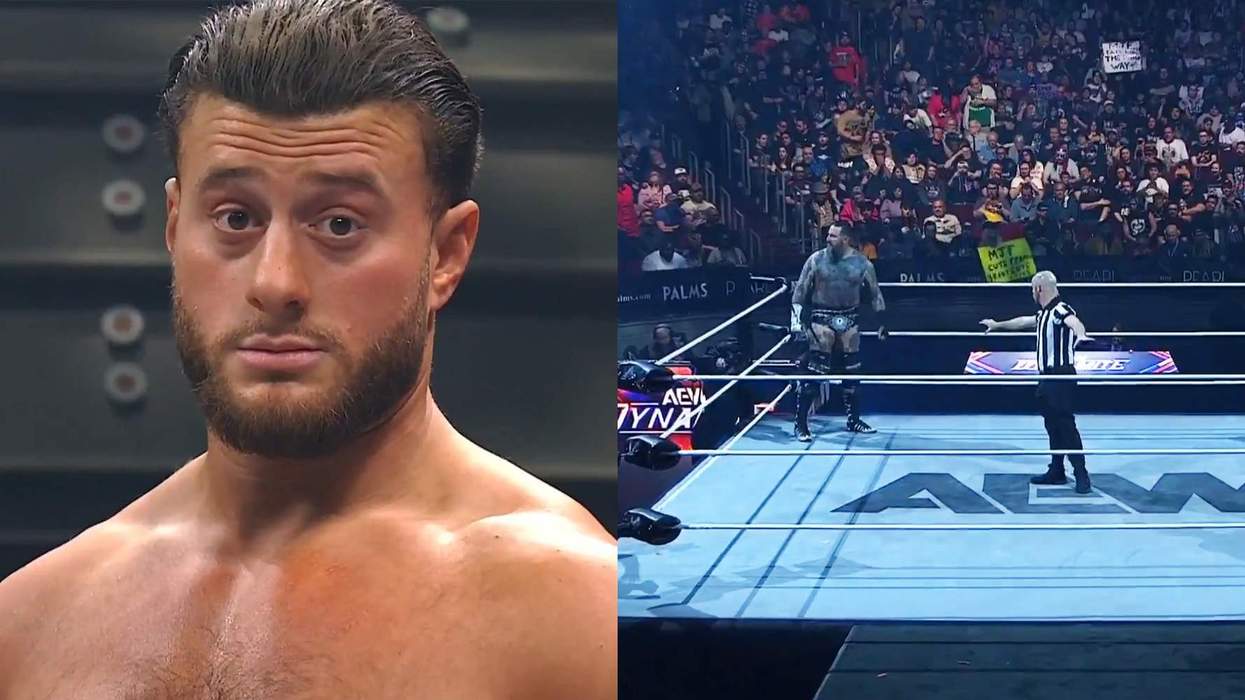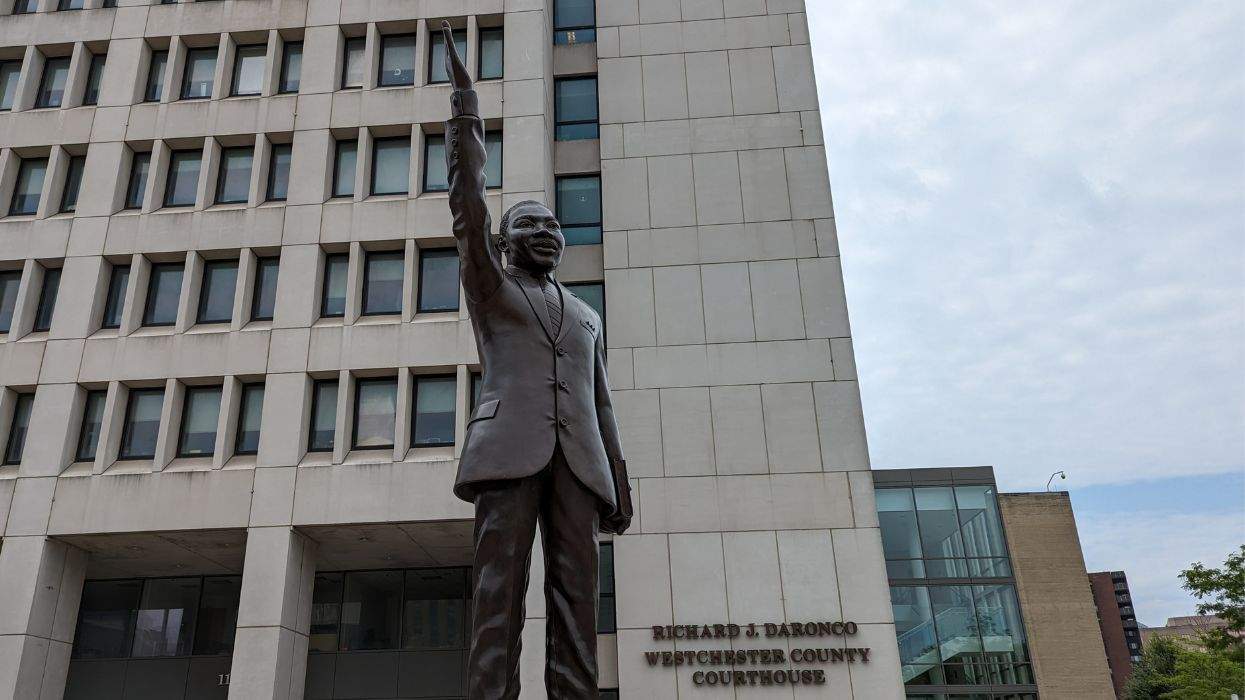They believe that gay and lesbian relationships deserve legal recognition but fear that calling such unions "marriage" would tarnish the institution. They have close friends or family members who are gay, yet they are concerned about how same-sex marriage would affect their children.
And changing the way they think about marriage equality is crucial to future state initiative battles.
In a new study released Friday by Greenberg Quinlan Rosner Research for the moderate-progressive think tank Third Way, researchers polled the elusive "middle" voter base -- one that gay rights groups have failed to persuade at the ballot box with messages of fairness and equality. Greenberg Quinlan polled voters from two ballot initiatives with opposing outcomes in November: Question 1 in Maine, which stripped marriage rights from same-sex couples; and Referendum 71 in Washington, which expanded rights for domestic partners.
Of the "middle" group of voters -- defined in the study as those who favored legal protections for gay relationships but opposed marriage rights -- the "equality" argument alone fell on deaf ears. In the Maine poll only 22% of voters in the middle agreed that denying gay couples full marriage rights amounted to discrimination.
Lanae Erickson, senior policy counsel for Third Way, said future messaging has to directly address voters' fears, in part by showing that committed gay couples are sincere in attempting to join, not redefine, the institution of marriage. "The takeaway is that we have to describe marriage in the way voters in the middle see it," Erickson said. "It's problematic when you talk solely about legal protections, because many straight people don't see it that way. They see marriage as an ideal about commitment and responsibility. ... We need to show them that we want to take on the responsibility that marriage entails for the same reasons."
Persuading voters in this group would have a profound impact on future campaigns, Erickson and colleagues asserted. Of the voters polled directly after Question 1 in Maine, 22% favored equal rights for gay couples sans the title "marriage," while another 25% supported domestic partnerships or other types of legal recognition. "This is something we've been looking at for four years, and we think that we have a real value-add if we can help people understand how moderates see this debate," Erickson said.
Erickson pointed to one ad Maine's Question 1 campaign that was representative of her group's "equality plus" strategy: a Catholic grandmother who spoke about marriage while her son, his partner, and their child stood by her side. "Marriage, to me, is a great institution," she said. "It works, and it's what I want for my children too."
Researchers also said that the response to anti-gay-marriage ads focusing on schools teaching about homosexuality has been off-target. "Responding directly to the schools argument isn't necessarily enough," the researchers concluded. "While it might deal with the literal concern raised by the ad, it does not address the underlying, deeper concern that people have about how their kids will be affected if society holds gay couples up as part of the ideal of marriage."
Third Way's report, "Moving the Middle on Marriage: Lessons From Maine and Washington," is available here.
















